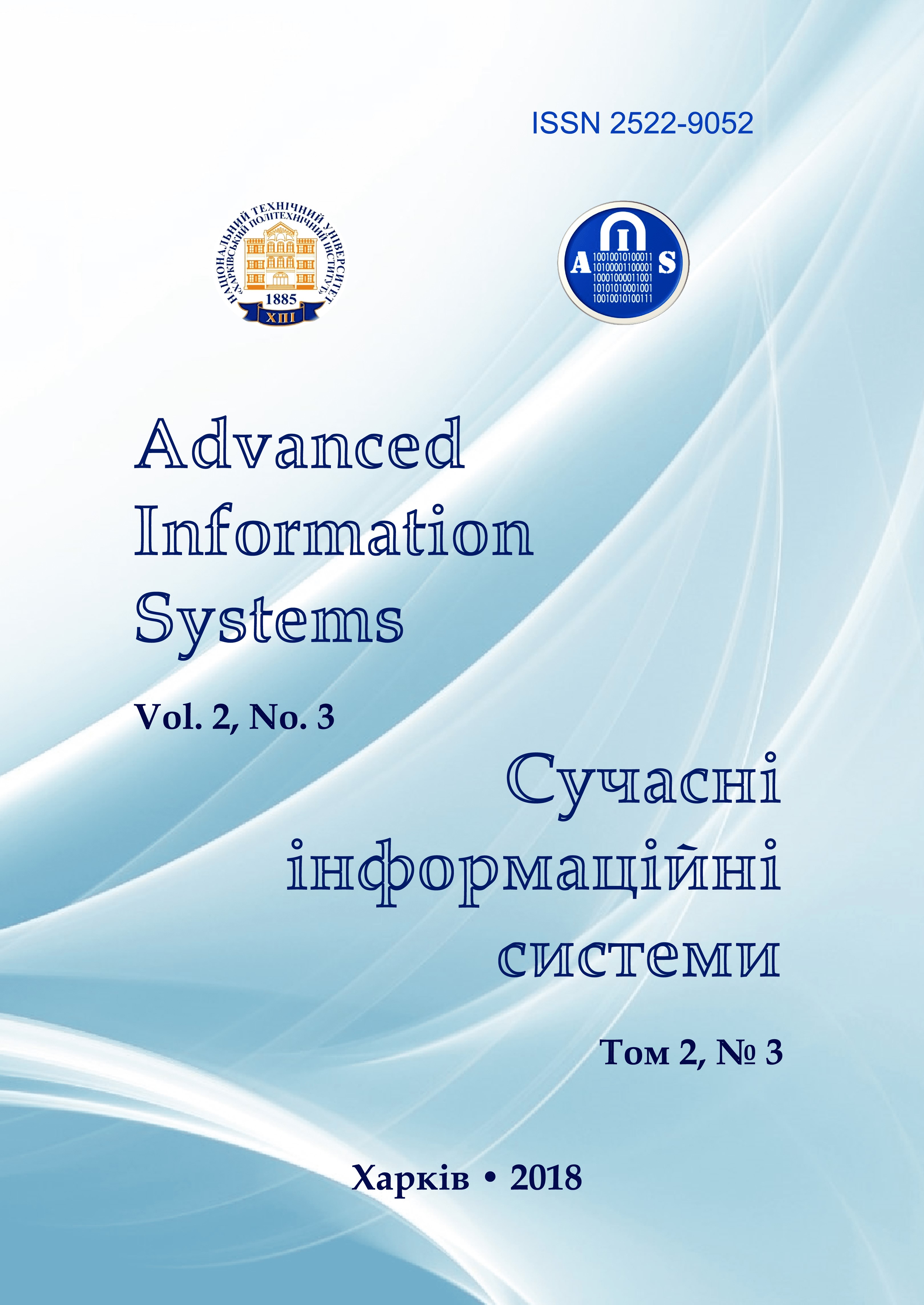Unlimited cloud storage management
Main Article Content
Abstract
The subject of the article is the management of the data storage process using an unlimited number of cloud storages. The goal is to study the possibility of optimizing and simplifying the management of the data storage process using an unlimited number of cloud storages. Objective: develop the architecture of a software package for managing the placement of data in the most common cloud storages; select the most efficient storage selection algorithm for storing data; perform software testing. The methods used are: monitoring the throughput of cloud file storage; comparing the usability of the cloud services functionality; measuring storage load and checking for free space; experimental creation of cloud storage management software. The following results have been obtained. The storage selection mechanism for loading data is described. Developed software for uniting in a single space and convenient management of an unlimited number of cloud storage. The result of the research is the development of a software package that acts as a hub for cloud storage. Methods for selecting storage for uploading files based on an estimate of the percentage of free space of each storage and the function of load balancing of storage data are Implemented. Conclusions. The scientific novelty of the results is as follows. Investigated the existing methods of storing data in the cloud storage. The method of hybrid data storage has been improved by combining an unlimited number of storages into a single space under a centralized management system. A system for selecting storage for uploading files has been developed which is based on estimating and comparing the percentage of free space with the frequency of use and average access time. An algorithm for balancing the workload of cloud storage has been developed. The conducted experimental studies confirm the possibility of using the proposed approach for convenient management of an unlimited number of cloud storages.
Article Details
References
Tucha, Hybrid storage, available at: http://tucha.ua/blog/gibridnoe-oblako/ (last accessed March 15, 2018).
Servio, Hybrid storage, available at: http://servionica.ru/services/138/ (last accessed March 15, 2018).
ZDNet, Hybrid cloud: What is it, why it matters,
available at: http://www.zdnet.com/article/hybrid-cloud-what-it-is-why-it-matters/ (last accessed March 15, 2018).
Mell, Peter and Grance, Timothy (2011), The NIST Definition of Cloud Computing, 6 p.
Wikipedia, Google Drive, available at: https://en.wikipedia.org/wiki/Google_Drive (last accessed March 15, 2018).
Google, Enable API Google,
available at: https://console.developers.google.com/flows/enableapi?apiid=drive (last accessed March 15, 2018).
Wikipedia, Mega, available at: https://en.wikipedia.org/wiki/Mega_(service) (last accessed March 15, 2018).
Google, Google Drive API v3,
available at: https://developers.google.com/drive/api/v3/quickstart/dotnet (last accessed March 15, 2018).
Mega, Mega cloud storage API. – MEGA,
available at: https://gpailler.github.io/MegaApiClient/articles/faq.html (last accessed March 15, 2018).
Leonid Chernyak (2011), Integration is the basis of the cloud. Open systems. DBMS.
